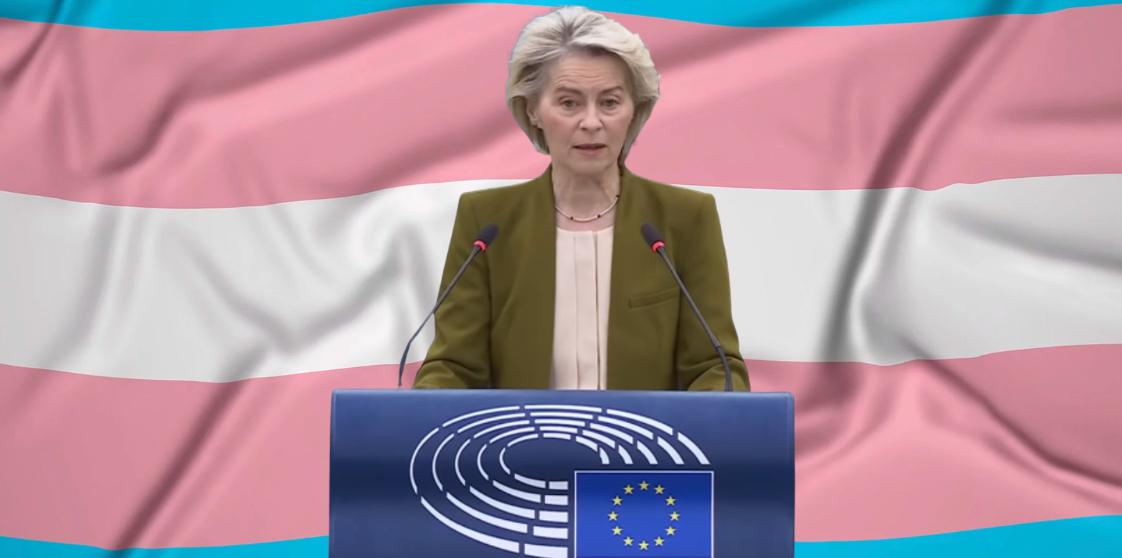According to reports, the ruling was overturned because the trial judge allowed testimony against Weinstein based on allegations that weren’t part of that specific case. Weinstein’s lawyer, Arthur Aidala, called the decision “a victory for every criminal defendant in the state of New York.” “There are still people who are very unpopular in our society, but we still have to apply the law fairly to them at that trial,” he said “The law was not applied fairly to Harvey Weinstein."
On one hand, New Yorkers deserve a fair court system, one that operates without bias and with a focus on justice. To that end, it might make sense that the Weinstein conviction was overturned, even though that ruling doesn’t necessarily mean he’s still not guilty. Even Weinstein deserves a fair trial and has a right to due process under the law. All men and women accused of sexual assault do.
However, as disappointing as this ruling may be for survivors of sexual assault, Weinstein’s overturned conviction points to a flaw in the legal system and social commentary surrounding this complex issue. Weinstein has been accused of sexual misconduct, assault and rape by over 100 women. If Weinstein couldn’t get a fair trial, who can? Out of 100 women to choose from, a court still couldn’t convict Weinstein and everyone is supposed to rest assured that all Americans get a fair and just trial?
It’s easy to see how victims of sexual assault who have either testified in a similar case or have yet to report a crime or testify now might be terrified to do so for fear that their testimony too could be tossed out, overturned, or they might have to repeat it again in court. Data shows about 63% of rapes are not reported. Overturning convictions like this, even if it’s the legal and ethical thing to do, may make current or future victims feel more anxiety about reporting them.
Understandably, Tarana Burke, the founder of MeToo, remains critical of the decision. “We are devastated for the survivors who are connected to this case and the survivors who had found some solace and catharsis in the original verdict around Harvey Weinstein,” she said. “Many people, many survivors and those who love and support survivors probably thought that original verdict meant that there was going to be a change, that it marked a change and marked a difference in how this justice system was going to move and operate.” Burke said she still thinks positive change has resulted from the Weinstein case.
As a woman and mother of daughters and sons, MeToo is complex. Cases like Weinstein — current overturned case aside — seemed straightforward, black and white. Of course no man should rape a woman and get away with it. No man should abuse his power and sexually abuse a woman. MeToo did shed light on hundreds of cases like Weinstein’s, cases that did seem like they had evidence of wrongdoing and a woman who had to force herself to stand up for herself in order to convict him.
As time went on though, MeToo sometimes, perhaps inadvertently, mixed up or blurred the lines between awkward flirting or inappropriate touching and unwanted advances versus sexual assault. There are distinctions between these things and sometimes, in the wave of social media attention following Weinstein’s 2018 arrest, some of these became rolled into one. While the onus is still largely on women to point this out, even though it shouldn’t be, there are differences between assault and an uncomfortable date.
Overall, the Weinstein conviction, and now overturned conviction, reminds us that there is still evil in this world and sometimes, it’s hard to identify and cage it. Likewise, every person in America charged with a crime deserves a fair trial, not just Weinstein. Every man and woman. Let’s hope that’s what happens in the future and this new ruling doesn’t deter women from reporting future crimes. Until men start to do the right thing all the time, this is the only way to stop it.





